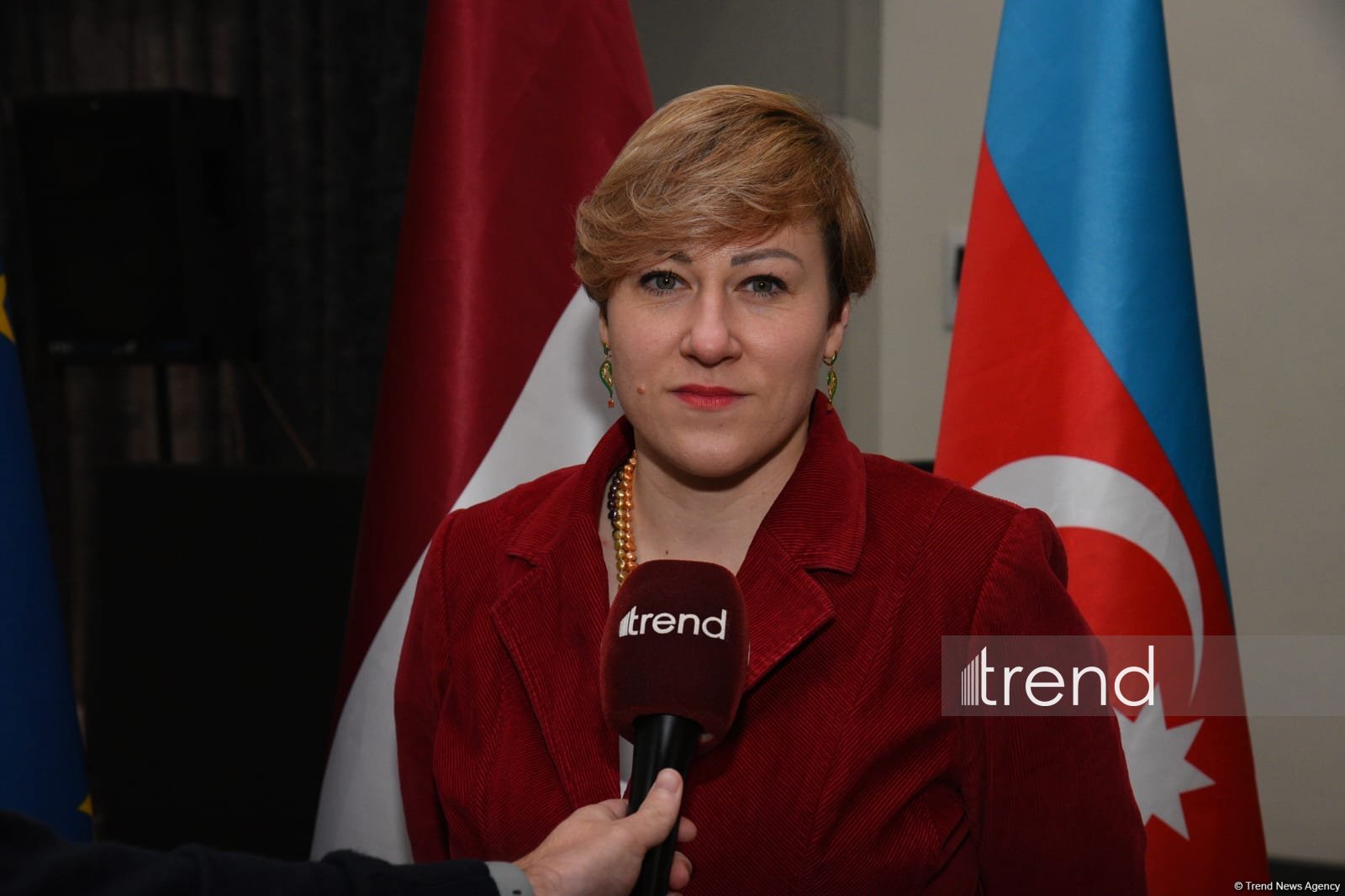Redefining Rest & Self-Worth: Anna Mathur on Mental Health, Burnout & Leading with Compassion


 Anna Mathur is a renowned psychotherapist, bestselling author, and speaker, widely celebrated for her warm, relatable approach to mental wellbeing and her ability to distil complex psychological ideas into practical tools for everyday life.
Anna Mathur is a renowned psychotherapist, bestselling author, and speaker, widely celebrated for her warm, relatable approach to mental wellbeing and her ability to distil complex psychological ideas into practical tools for everyday life.
With a professional journey that began in accounting and copywriting before evolving into psychotherapy, Anna has become a trusted voice in the fields of stress management, self-worth, and workplace wellbeing.
Her experience spans clinical work within the NHS, writing multiple Sunday Times bestsellers, and hosting the hit podcast The Therapy Edit, which has reached millions. She is a go-to expert for national media and has worked with global brands like Google, Spotify, and Apple to reshape how mental health is prioritised in the modern workplace.
In this interview with The Champions Speakers Agency, Anna shares powerful insights into how leaders can better support mental wellbeing at work through inclusive practices, compassionate leadership, and a redefinition of rest and success.
Q: How can leaders recognise and respond to the mental load in the workplace – especially for those balancing unseen responsibilities – to create a more equitable and sustainable culture?
Anna: “OK, so the term ‘the mental load,’ this concept really does apply to the workplace. And there are lots of things that leaders can do to prevent burnout in their employees. So, the mental load at work – it’s not just about tasks; it’s not just about the tangible. It’s about the invisible responsibility of
remembering. It might be anticipating, it might be just that weight of worrying about everything that needs to be done. And leaders can help in a few ways.
“Firstly, clarifying the roles and expectations, because unclear responsibilities lead to employees carrying those heavy burdens – those hidden burdens of trying to anticipate and worrying if they are getting it right. So, clarifying those roles is really important.
“Secondly, reducing that ‘always-on’ culture, because if employees feel like they must be constantly available – or at least be seen to be constantly available – they are never truly resting. And we know that rest is the true antidote to burnout. So, if you’re seeing people burn out, reducing it and tackling this ‘always-on’ culture.
“And the third thing is encouraging task delegation. So many employees hesitate to ask for help because they worry that it might make them look incapable.
So leaders that actively promote sharing responsibilities – this is about fostering confidence. When we are able to delegate and we’re able to do jobs that are within the realms of the resources that we have, again, we see a reduction in burnout.”
Q: How can inclusive leaders address imposter syndrome within themselves and their teams to foster a workplace culture of belonging and confidence?
Anna: “So, the first steps that business leaders can take to combat imposter syndrome within themselves and their teams is to acknowledge it openly. Because talking about imposter syndrome reduces its power.
“It is in the internalising it and just feeling it, worrying about it, and acting off the back of it that it has its powers. Leaders who share their experiences around imposter syndrome actually start breaking down some of those internal conversations, bringing it into the external and normalising it for other people.
“Secondly, reframing self-doubt. Feeling like a fraud often signals growth, not failure. Encourage employees, encourage the people around you to see discomfort as actually a sign that they are stretching their comfort zone and their abilities. And that’s reframing it to say that this self-doubt is showing growth in action.
“Another tip is to celebrate progress, not just the results at the end of it, not just those tangible outcomes. Because when praise is only given for outcomes, people tend to downplay their efforts. Whereas recognising those small wins helps kind of foster and build and nurture confidence.
“And fourth and finally, encouraging mentorship. Imposter syndrome thrives in isolation – when we feel like we are on our own. So regular support and feedback from mentors, and encouraging mentoring relationships, now those can provide perspective but also just reassurance.”
Q: What empowering message about self-worth would you share with business leaders looking to lead with compassion, confidence, and authenticity?
Anna: “One piece of advice that I truly believe every business owner should hear about self-worth in leadership is that your worth is not measured entirely by your productivity. The most effective leaders aren’t those who do the most, but those who empower the most.
“Because when you operate from a place of self-worth rather than that burnout and exhaustion, you are far more able to lead with clarity, with confidence, and with compassion.”
Q: In a world that often glorifies hustle culture, how can leaders reframe rest as a tool for inclusion, empowerment, and long-term equity in the workplace?
Anna: “In today’s fast-paced business world, this hustle culture is put on a pedestal. And it is something that we need to reach towards and be shown to be hustling, you know? But how can business owners shift this mindset and recognise the power of rest?
“Hustle culture thrives on this myth that more hours equal more success – the more we’re doing, the better the outcome. Science says otherwise. Rest is not just recovery; it is fuel for creativity. It is fuel for decision-making. It also enables us to have more resilience. So, when we are burnt out and when we are tired, we are less able to access that part of our brain that is creative, decision-making, and resilient.
“Business owners can shift this mindset by viewing rest as an investment rather than an indulgence. It is a real kind of mind shift there – rest is an investment. It is not an indulgence, it’s a necessity, it’s a need. Recognising that overworking leads to diminishing returns is also really important, because it takes that need to strive out of it, and it starts valuing rest.
“Chronic exhaustion reduces effectiveness. If you are seeing that your workforce is just feeling floored and exhausted, it’s recognising that it’s that overworking that is diminishing what people are able to do. Prioritise sustainable success over those short-term productivity spikes that might look impressive in the short term, but overall, you will see this slow trickling down of productivity.”
Q: What inclusive leadership strategies can business owners and leaders adopt to support well-being and build a culture that actively prevents burnout and supports diverse needs?
Anna: “Some of the simple yet effective strategies that business owners and leaders can implement to create that healthier work culture is, first and foremost, modelling those healthy behaviours. So, the leaders that prioritise rest and boundaries, these are the leaders that are giving their teams permission to do the same.
“Secondly, we have got that encouragement of psychological safety. So, make it safe for any employee to ask for help, and even more so, just to admit at that point of struggling. That means removing any sense of fear or judgement to encourage those conversations.
“The third one is to normalise breaks. This is really important. They can be short, frequent breaks. Actually, these boost productivity. So, I think sometimes we can fear that taking breaks means people stepping away from that productivity. But science shows that breaks boost productivity and mental clarity. And it encourages a culture where stepping away from the desk isn’t seen as slacking. So again, leading by example.
“Number four is to reassess workload expectations. High-performing teams really thrive when quality is prioritised over that kind of presenteeism – the excessive hours that can lead to burnout.
“The fifth thing that I have here is investing in mental health resources. Now, this might be coaching, it might be EAPs, it might be flexible working policies. Supporting mental health and well-being isn’t just compassionate, it is about the strategy that you have embedded in your working culture.”
This interview with Anna Mathur was conducted by Sophia Hayes of The Motivational Speakers Agency.
Anna Mathur is a renowned psychotherapist, bestselling author, and speaker, widely celebrated for her warm, relatable approach to mental wellbeing and her ability to distil complex psychological ideas into practical tools for everyday life.
With a professional journey that began in accounting and copywriting before evolving into psychotherapy, Anna has become a trusted voice in the fields of stress management, self-worth, and workplace wellbeing.
Her experience spans clinical work within the NHS, writing multiple Sunday Times bestsellers, and hosting the hit podcast The Therapy Edit, which has reached millions. She is a go-to expert for national media and has worked with global brands like Google, Spotify, and Apple to reshape how mental health is prioritised in the modern workplace.
In this interview with The Champions Speakers Agency, Anna shares powerful insights into how leaders can better support mental wellbeing at work through inclusive practices, compassionate leadership, and a redefinition of rest and success.
Q: How can leaders recognise and respond to the mental load in the workplace – especially for those balancing unseen responsibilities – to create a more equitable and sustainable culture?
Anna: “OK, so the term ‘the mental load,’ this concept really does apply to the workplace. And there are lots of things that leaders can do to prevent burnout in their employees. So, the mental load at work – it’s not just about tasks; it’s not just about the tangible. It’s about the invisible responsibility of
remembering. It might be anticipating, it might be just that weight of worrying about everything that needs to be done. And leaders can help in a few ways.
“Firstly, clarifying the roles and expectations, because unclear responsibilities lead to employees carrying those heavy burdens – those hidden burdens of trying to anticipate and worrying if they are getting it right. So, clarifying those roles is really important.
“Secondly, reducing that ‘always-on’ culture, because if employees feel like they must be constantly available – or at least be seen to be constantly available – they are never truly resting. And we know that rest is the true antidote to burnout. So, if you’re seeing people burn out, reducing it and tackling this ‘always-on’ culture.
“And the third thing is encouraging task delegation. So many employees hesitate to ask for help because they worry that it might make them look incapable.
So leaders that actively promote sharing responsibilities – this is about fostering confidence. When we are able to delegate and we’re able to do jobs that are within the realms of the resources that we have, again, we see a reduction in burnout.”
Q: How can inclusive leaders address imposter syndrome within themselves and their teams to foster a workplace culture of belonging and confidence?
Anna: “So, the first steps that business leaders can take to combat imposter syndrome within themselves and their teams is to acknowledge it openly. Because talking about imposter syndrome reduces its power.
“It is in the internalising it and just feeling it, worrying about it, and acting off the back of it that it has its powers. Leaders who share their experiences around imposter syndrome actually start breaking down some of those internal conversations, bringing it into the external and normalising it for other people.
“Secondly, reframing self-doubt. Feeling like a fraud often signals growth, not failure. Encourage employees, encourage the people around you to see discomfort as actually a sign that they are stretching their comfort zone and their abilities. And that’s reframing it to say that this self-doubt is showing growth in action.
“Another tip is to celebrate progress, not just the results at the end of it, not just those tangible outcomes. Because when praise is only given for outcomes, people tend to downplay their efforts. Whereas recognising those small wins helps kind of foster and build and nurture confidence.
“And fourth and finally, encouraging mentorship. Imposter syndrome thrives in isolation – when we feel like we are on our own. So regular support and feedback from mentors, and encouraging mentoring relationships, now those can provide perspective but also just reassurance.”
Q: What empowering message about self-worth would you share with business leaders looking to lead with compassion, confidence, and authenticity?
Anna: “One piece of advice that I truly believe every business owner should hear about self-worth in leadership is that your worth is not measured entirely by your productivity. The most effective leaders aren’t those who do the most, but those who empower the most.
“Because when you operate from a place of self-worth rather than that burnout and exhaustion, you are far more able to lead with clarity, with confidence, and with compassion.”
Q: In a world that often glorifies hustle culture, how can leaders reframe rest as a tool for inclusion, empowerment, and long-term equity in the workplace?
Anna: “In today’s fast-paced business world, this hustle culture is put on a pedestal. And it is something that we need to reach towards and be shown to be hustling, you know? But how can business owners shift this mindset and recognise the power of rest?
“Hustle culture thrives on this myth that more hours equal more success – the more we’re doing, the better the outcome. Science says otherwise. Rest is not just recovery; it is fuel for creativity. It is fuel for decision-making. It also enables us to have more resilience. So, when we are burnt out and when we are tired, we are less able to access that part of our brain that is creative, decision-making, and resilient.
“Business owners can shift this mindset by viewing rest as an investment rather than an indulgence. It is a real kind of mind shift there – rest is an investment. It is not an indulgence, it’s a necessity, it’s a need. Recognising that overworking leads to diminishing returns is also really important, because it takes that need to strive out of it, and it starts valuing rest.
“Chronic exhaustion reduces effectiveness. If you are seeing that your workforce is just feeling floored and exhausted, it’s recognising that it’s that overworking that is diminishing what people are able to do. Prioritise sustainable success over those short-term productivity spikes that might look impressive in the short term, but overall, you will see this slow trickling down of productivity.”
Q: What inclusive leadership strategies can business owners and leaders adopt to support well-being and build a culture that actively prevents burnout and supports diverse needs?
Anna: “Some of the simple yet effective strategies that business owners and leaders can implement to create that healthier work culture is, first and foremost, modelling those healthy behaviours. So, the leaders that prioritise rest and boundaries, these are the leaders that are giving their teams permission to do the same.
“Secondly, we have got that encouragement of psychological safety. So, make it safe for any employee to ask for help, and even more so, just to admit at that point of struggling. That means removing any sense of fear or judgement to encourage those conversations.
“The third one is to normalise breaks. This is really important. They can be short, frequent breaks. Actually, these boost productivity. So, I think sometimes we can fear that taking breaks means people
stepping away from that productivity. But science shows that breaks boost productivity and mental clarity. And it encourages a culture where stepping away from the desk isn’t seen as slacking. So again, leading by example.
“Number four is to reassess workload expectations. High-performing teams really thrive when quality is prioritised over that kind of presenteeism – the excessive hours that can lead to burnout.
“The fifth thing that I have here is investing in mental health resources. Now, this might be coaching, it might be EAPs, it might be flexible working policies. Supporting mental health and well-being isn’t just compassionate, it is about the strategy that you have embedded in your working culture.”
This interview with Anna Mathur was conducted by Sophia Hayes of The Motivational Speakers Agency.
The post Redefining Rest & Self-Worth: Anna Mathur on Mental Health, Burnout & Leading with Compassion appeared first on European Business & Finance Magazine.
















































